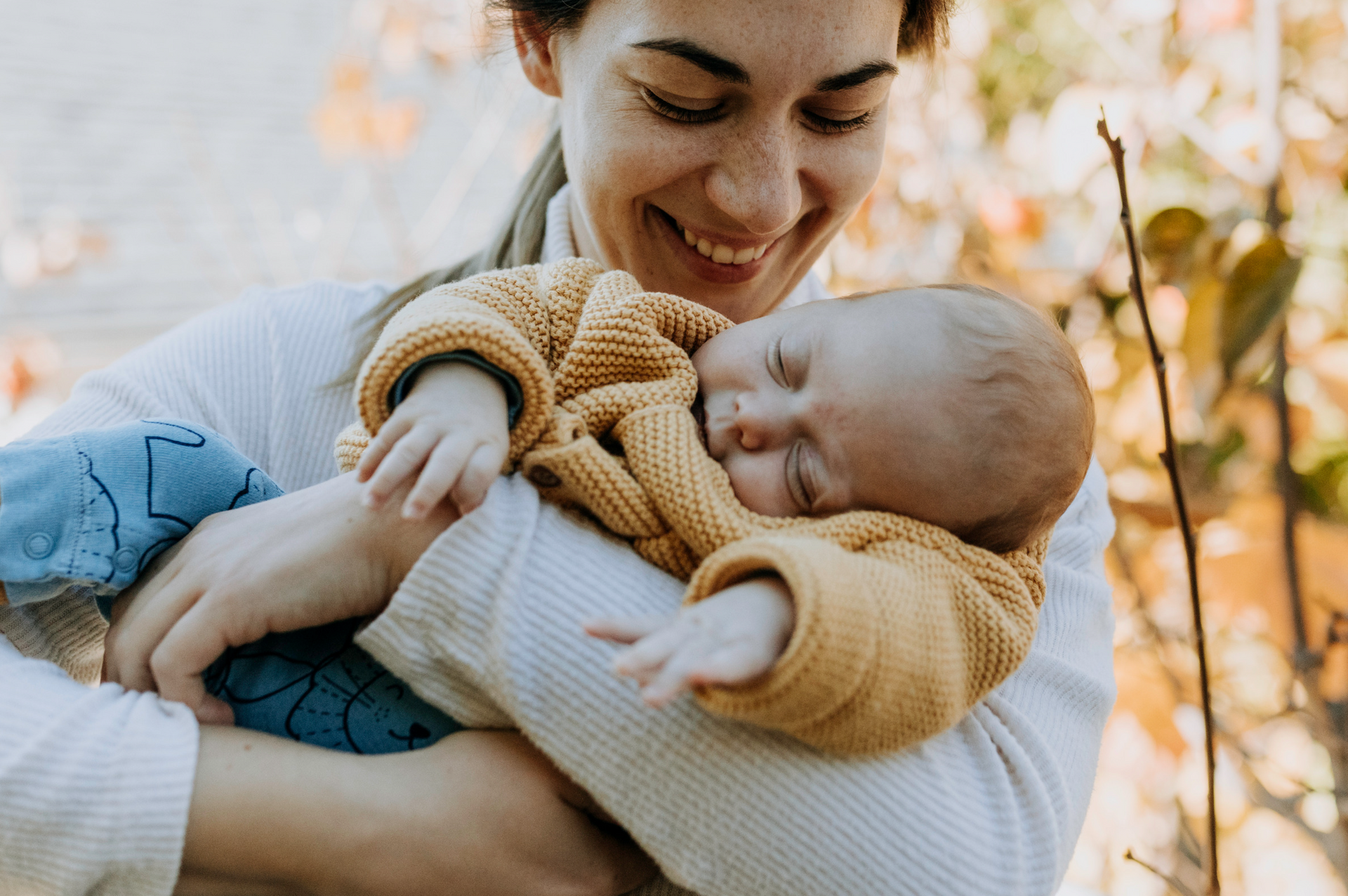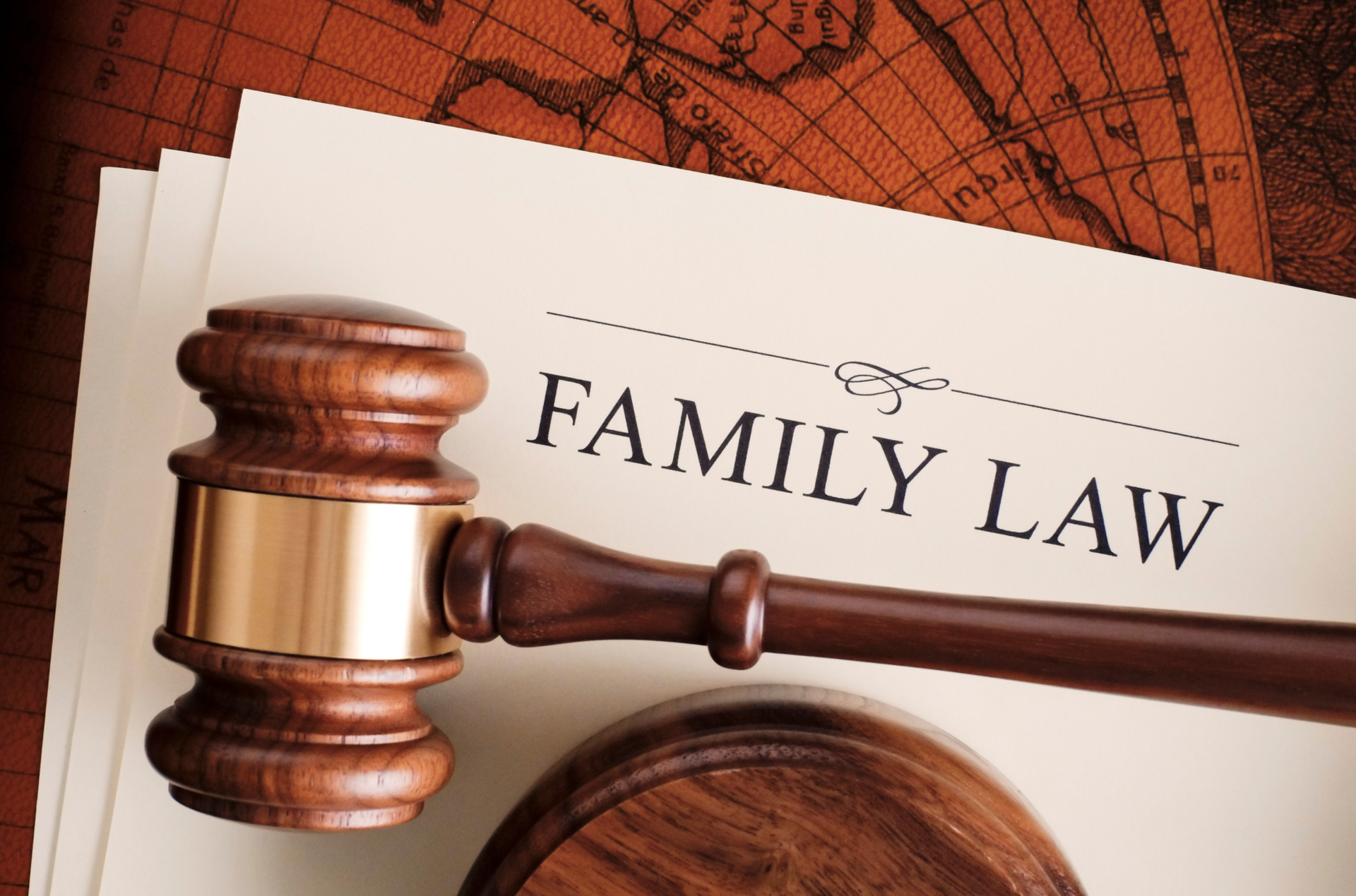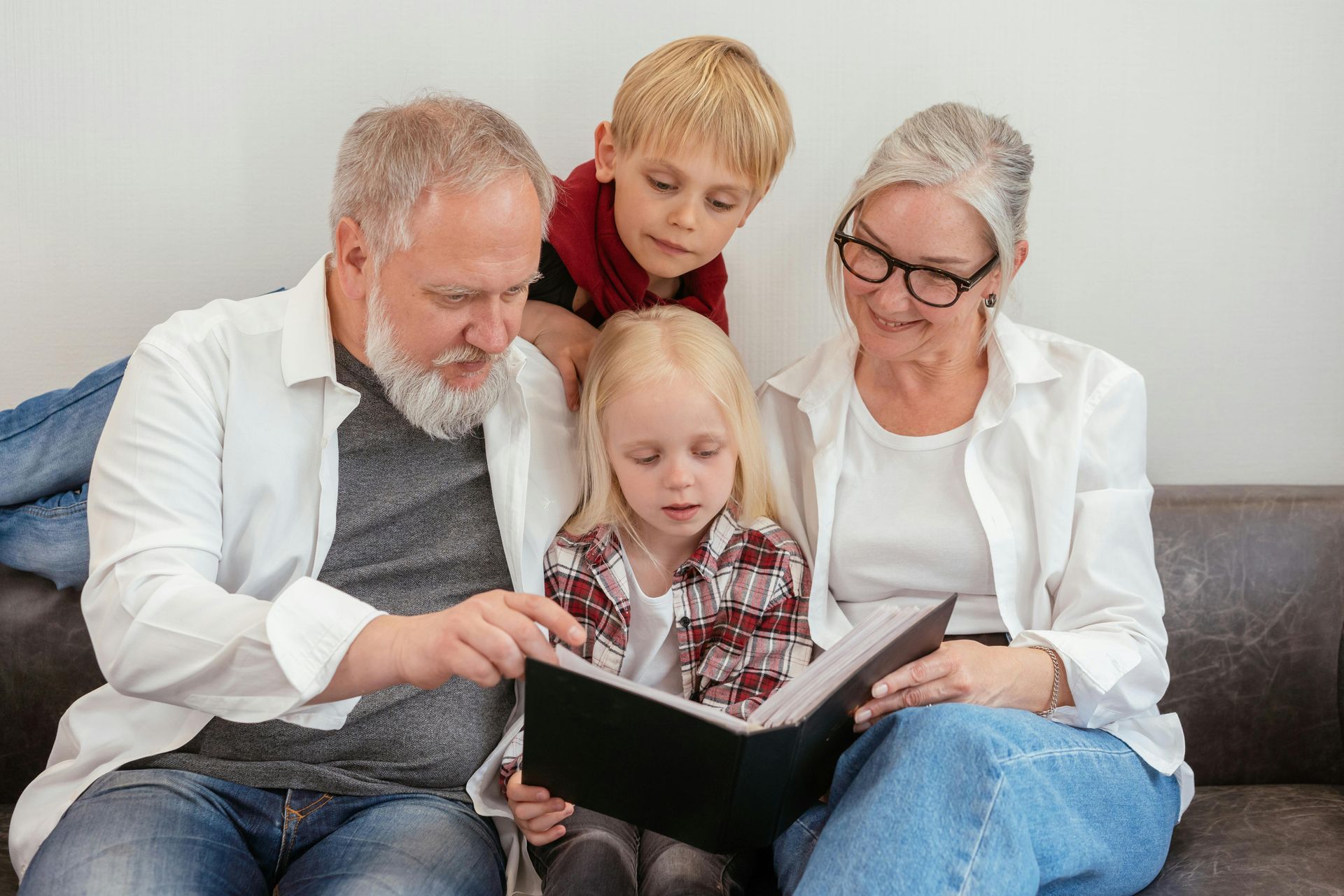Adoption Post Placement Visits: What You Should Expect
During the adoption process, prospective adoptive parents will go through a variety of steps to help the state ensure they are creating a safe and supportive environment for a child. No matter whether you’re adopting as a single person or a partnered couple, these steps are very similar.
That said, every state has its own specific adoption regulations and standards. One thing that not all states do exactly the same is post-placement visits. In fact, there are some states where post-placement visits are rare. When you’re adopting in Virginia, Maryland, or Washington DC, it’s important to know about them.
What Is a Post-Placement Period?
After a child is placed with an adoptive home, states can designate a specific post-placement period in which the state continues to be closely involved with the child’s life. You might think of this as a kind of probationary period, when the state can make additional determinations about the placement. The goal is to ensure the family is adjusting well to the placement and to offer services and support during the early period after the baby has entered the home.
The post-placement period varies by state, but usually won’t vary from one adoption case to another. You will receive information about the post-placement period once your adoption has been approved. Information will generally come directly from the state agency in charge of adoption and foster care.
What Is a Post-Placement Visit?
A post-placement visit can take place any time during the post-placement period. Most states do require that you receive some advance warning, though there are some where visits can be unannounced. Post-placement visits are similar to the home study that a qualified social worker does before placement.
During a post-placement visit, you will usually be visited by one qualified social worker. He or she may interview members of the family together or separately. One of the principal goals of the visit is for the social worker to observe the emerging family dynamic and offer support and guidance as the family solidifies its bond.
How Can I Prepare for a Post-Placement Visit?
In states where they are performed, post-placement visits are required in order to finalize an adoption. During the post-placement period, you should do your best to be ready for a visit at any time. Be sure your home is clean, safe, and organized. Know your obligations and be ready to make time for a visit.
In effect, you should prepare for a post-placement visit the same way you prepared for your home study. This simply means being ready to “put your best foot forward.” As long as you’re already doing your best to support your child, you do not have to make big changes to the home environment!
What Happens After a Post-Placement Visit?
Following a post-placement visit, the social worker will file a post-placement assessment with the relevant family court. Depending on the state, this may signal the time to schedule a hearing. During the hearing, adoption placement will be reviewed by a judge. Typically, the adoption will be finalized if all post placement requirements have been met.
If the post-placement visit results in an adverse finding, then the court may make further stipulations about finalizing the adoption. You may need to follow additional recommendations and expect another follow-up visit. It’s very rare for a child to be removed from a home following a post-placement visit!
Naturally, you are allowed to speak on your own behalf during any court hearing related to your adoption but having an attorney is the best approach.
Let Us Help You and Your Family Prepare for the Final Step in Your Adoption
The post-placement visit is typically the final milestone in an adoption journey. We have helped thousands of families across Maryland, Virginia, and Washington DC achieve success together. Contact us today to find out more.












